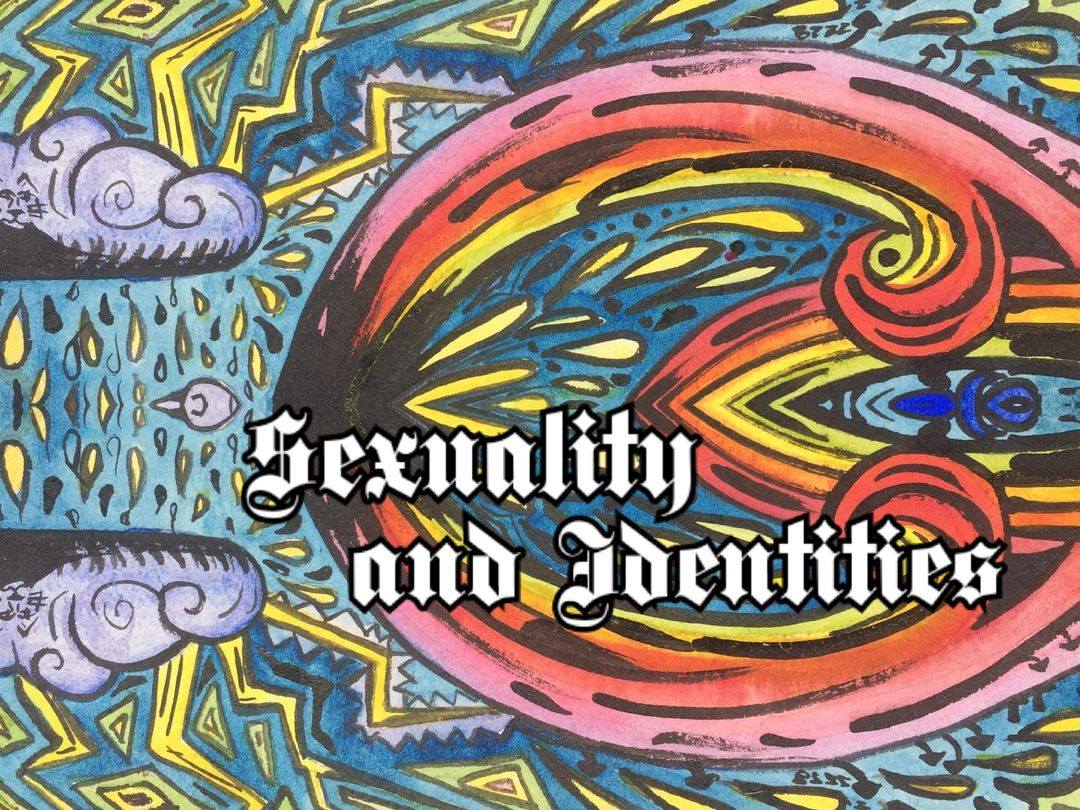
In response to the anonymous love letters I have received enquiring about my sexuality.
Performance in accordance with sexualities entails the fulfilment of the requisite coordinates on a multiplexed system which consists of: consent, in its primacy; actions, of one or more minds; objects such as bodies; immediate contexts or settings; broader narratives; and, any other variables as consist beings’ creative whims – such that sex is as art is.
Sexuality, though, is not a performance – it is an identity. Equally, identities are historical rather than predictive. For sex, there is the act (physical or imagined) and there is how the agent/s felt in reflection. Sexual identities, then, are not at all strictly indicative of future sex acts. Inasmuch as philosophers claim roads direct cars, they are lying; vehicles’ drivers determine the direction of their travel. Just as roads guide drivers, sexual identities inform decisions surrounding consent.
One such identity – cupiosexuality, of the asexual umbrella – involves consensual sex acts which are not desired directly by the asexual beings, but through proxy of others’ desires. Conventional ‘wisdoms’ might baulk at this for two reasons: the supposed degeneration of consent as a principle, and the perceived adverse individualisation of sexuality under neoliberalism.
The former implies said beings want never to have sex, whereas self-evidently the grammar regards not actively wanting sex. Furthermore, the view neglects that consent – in its relationships with social forces and physical realities – is conceptually multifaceted and never wholly actualised since it pervades its multiplex and is (seemingly unavoidably) affected by externalities. Thus, the affirmative consent model – where conscientious sexual agents engage openly in discussions regarding their assumptions of relevant risks such as pregnancy, sexually transmitted infections and regret (et cetera) – is a pragmatic method, and not the adoption of some preordained consent principle.
Equally pragmatic has been the adoption of terms like “queer” and “gay” for the normalisation of the sexualities they denote. Some – likely per ressentiment – argue that newly created identity terms represent unnecessary individuality and rigidity, whereas the older terms were supposedly inherently flexible and more indicative of the notion that sex occurred simply between the relevant faculties of one or more people. However, identities are only flexible at the moment of their conception; each passing moment presents us with options for acting in accordance with our historical identities, or in discordance – so as to recreate identities anew. Arguments about the meta of sexual identity terms are therefore mostly redundant, since identity terms are merely historical events.
Moreover, even if individualisation is a technology employed for the neoliberalisation of sexuality, rejecting the means will not necessitate desirable ends – particularly if the means are themselves ill-conceived; herein notably, much accelerationist theory proffers exploiting contradictions within capitalism. Indeed, sexuality is almost always framed individualistically, and corporatism and its marketisation of sex – as technologies of the neoliberal project – generally appear more oft-employed than individualisation. Short of coercing the adoption of Brave-New-World-esque sexualities where beings must be sexually available to whomever desires them, it is difficult to conceive of sexuality collectively. In any case, collectivism contra neoliberalism has no singular form.
Perhaps, then, the beautifully incessant self-expression that is being normalised contemporarily will eventuate as so rich a diversity as to reject needless discrimination in its many forms. As divisive as accelerationism is, there is unity in diversity: it’s called solidarity.
Views: 491
